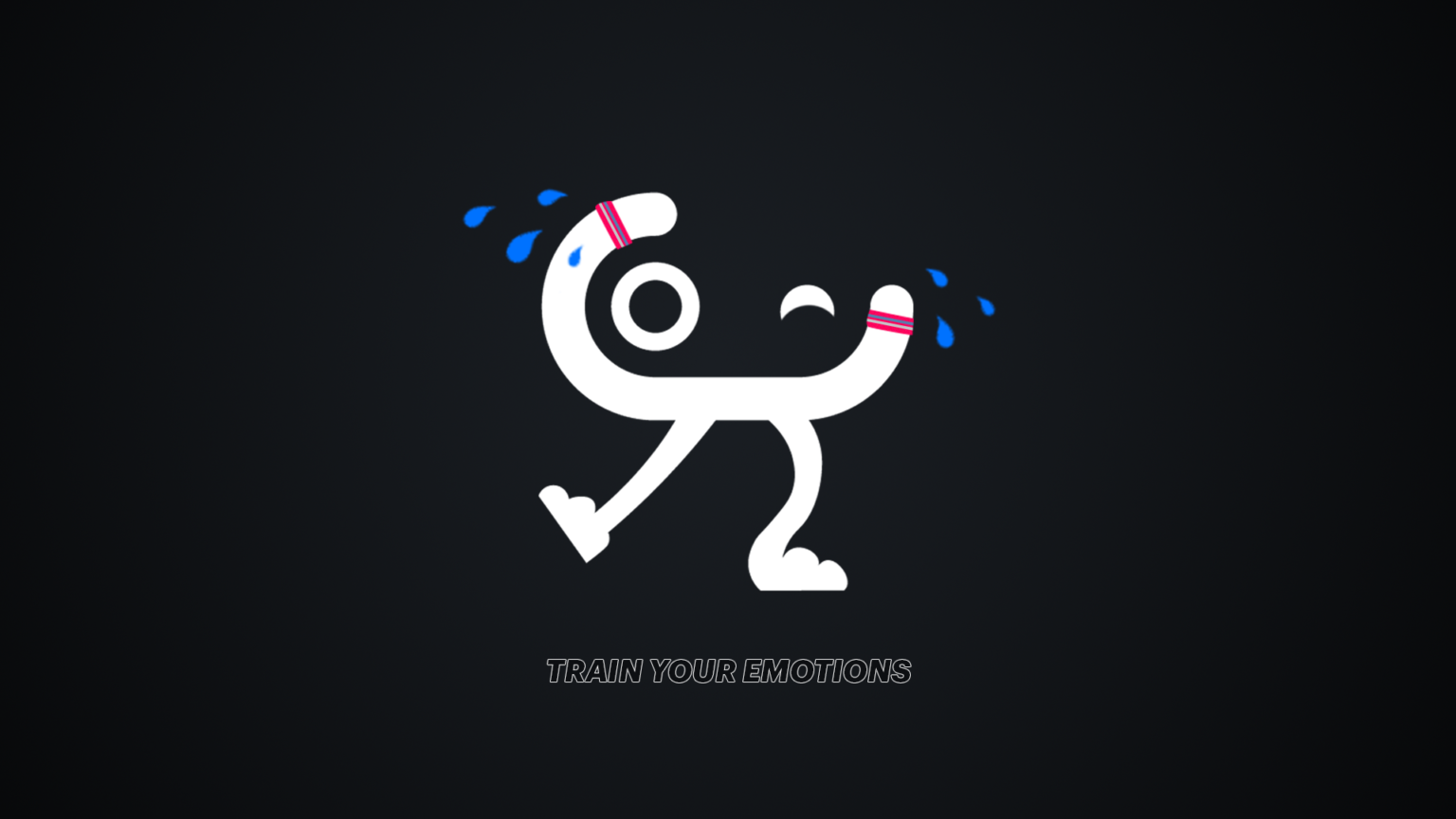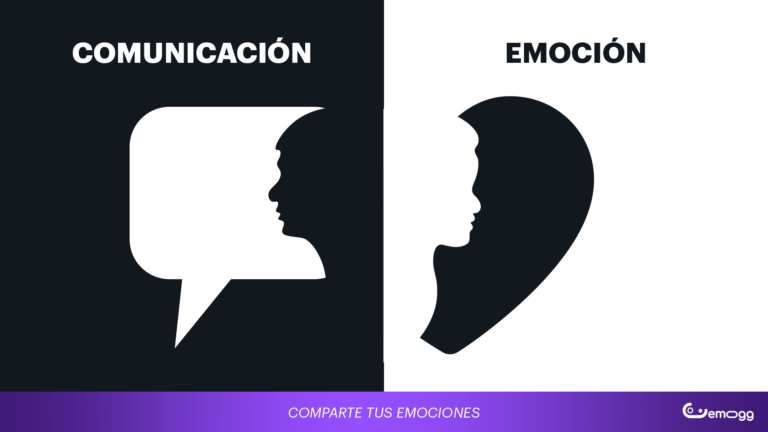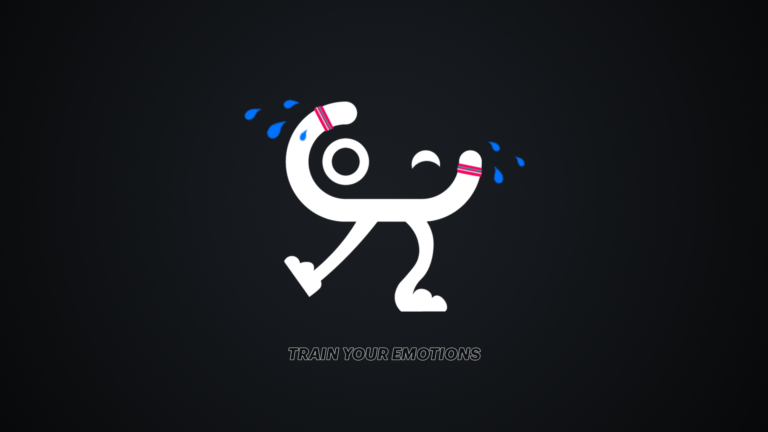Are you aware of everything you communicate? Not only to...
Train Your Emotions

There is currently a lot of talk about emotions, a taboo topic a few years ago, and it seems to be starting to take on the weight it deserves. Studies such as ‘The Future of Jobs’ by Harvard University, which states that children under the age of nine who begin to practice social-emotional skills, increase their creativity and improve their stress management in percentages between 15 and 20%, which demonstrate the importance of our emotional management.
While it is true that it is not easy to be emotionally intelligent, especially for those generations that have not been educated in emotion, we know that expressing them frees us up, improves our personal relationships and adapts us to many situations. In uncertain environments, such as today’s situation, we have no choice but to learn to express our sadness, fear, anger or surprise in the most adaptive way possible. But for any learning we need practice and dedication, a certain amount of time by and for them. How can I train my emotions?
- By identifying them.
Sometimes we worry about how we might have behaved towards a teammate or an opponent when playing a game of any video game by shouting or reacting in bad ways. Taking time to identify these situations and reflect on how you felt, to look for alternatives or different coping strategies, helps us to make sense of them and identify the real underlying problem. It is good to be able to acknowledge how you feel, even if it takes courage and transparency with yourself and others. When you accept your emotions, as they are, and take responsibility for their consequences, good or bad, you have taken the first step in learning about them. One exercise I always recommend is to keep an emotional diary. You only need 10 minutes a day to write down how you felt, why you felt that way and what you could have done to improve it. Most likely, the next time you find yourself in a situation similar to the one you mismanaged, you will already have learned to behave differently.
- Understanding and regulating them.
There is no such thing as positive or negative emotions, they have no meaning. They are all necessary for our adaptation to our environment. The interpretation of these emotions is given by us, and fighting against them or avoiding them is not the right decision. As emotional beings we must know them, understand them and accept them as part of our experience, even if they are often not to our liking. Nowadays, in most schools, children work on their emotions by drawing, painting and shaping them, which is a very good activity to guide this process. When we are able to understand them, we understand ourselves. They are a great source of information to efficiently interpret what is happening and thus connect with others appropriately. In other words, in a positive and proportional way at the right time. When I get along with my emotions, I am empathic with others and I listen to them, accept them and help them. The best way to feel good.
- Expressing them.
We are able to explain something when we understand it. If we have done our homework with our emotions we will be able to express what we are worried about, we like, we fear, we endure or we hope for. We will not take for granted how much we love someone or what has upset me. Crying, expressing frustration or gratitude often seems shameful and we repress it to protect ourselves, when what we are doing is just the opposite. When we repress we hurt ourselves, we accumulate an energy that, one day without knowing how, explodes uncontrollably. We constantly express our emotions unconsciously, through our non-verbal communication, our listening, our body, our face… Depending on how we think… But we can also provoke activities to express them differently: dancing, practicing yoga, Mindfulness, meditation, physical exercise… This way of training our emotions helps us to identify them, understand them and express them.
There are different examples of the benefits of this type of emotional training. One of them is sport. Numerous research studies link sporting performance to the emotions of the athlete. Antoine Bechara of the University of Southern California showed that “When faced with a very uncertain or unknown outcome, relying on intuition and emotions is the best strategy”. Therefore, athletes with positive emotional states tend to consider positive future events more likely than negative ones, thus improving their performance.
In the age of connectivity, leveraging virtual reality or video games to reduce stress levels in adolescents is another example of training with payback. Studies show that a stressful situation in the game leads players to experience a stress reaction as in real life. Consequently, if we are able to virtually “train” complex situations, this can provide the player with appropriate strategies to cope with similar situations in real life. Personally, I use virtual reality techniques with my athletes for the training of different situations with great results.
The benefits of mastering our emotions are obvious, they help us in our relationships with other people, in decision making and, in short, they optimise our personal performance, thus increasing our wellbeing. Investing in them pays off!
Francesc Porta
Psychologist and Sports-Management Coach
https://www.francescporta.com/

31/05/2021
SHARING IS CARING
Train Your Emotions
How can I train my emotions? For any learning we...
Body and Emotions
Emotions are closely associated with the body, because each one...


